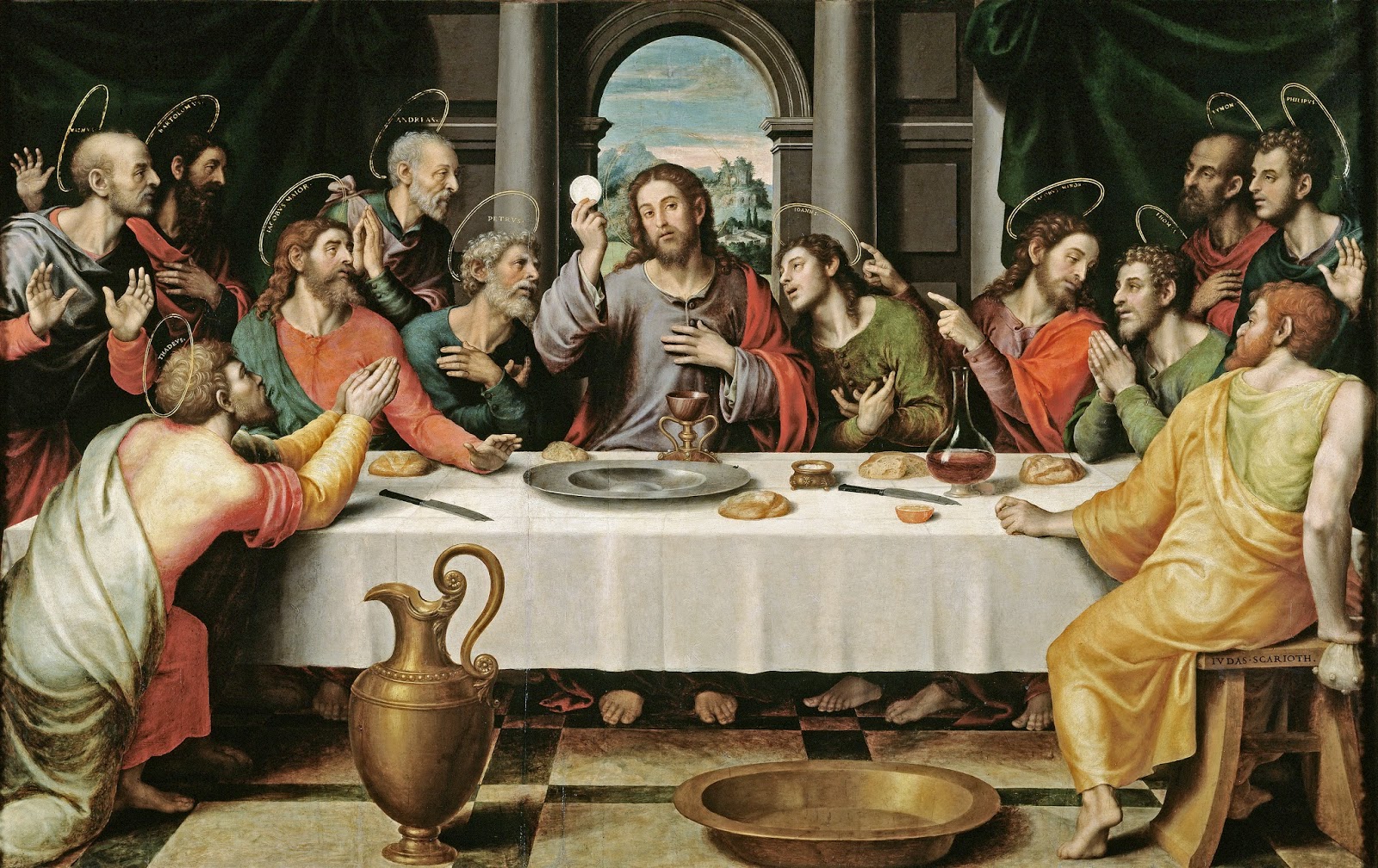Many years ago my church was pondering how to create a "third space" in our neighborhood. A third space is a place where people can mix on a regular basis, a place that is relaxed and non-threatening. A lot of people feel intimidated walking into a church. A third space, it was hoped, would be a non-religious place where relationships with neighbors could be formed.
A lot of churches have created third spaces by starting up a coffee shop. That's a great idea, but coffee shops tend to be a part of affluent White culture. The working poor don't hang out in coffee shops with their Mac laptops. Nor can they afford $4 specialty drinks.
So a coffee shop isn't going to be frequented by the working poor--White, Black or Hispanic--in our neighborhood. To be sure, a cool coffee shop would attract White hipsters, but that's not the demographic of our church neighborhood.
So what would be a good third space for a poor neighborhood like the one surrounding our church? A place that would serve the neighborhood but could also be a place where people would spend time talking and forming relationships?
My idea has always been for our church to run laundromat.
The poor and working poor don't have washing and drying machines. Consequently, it's a real, real hassle to get clothing washed. What middle and upper class people seriously take for granted is taking a few steps to throw a load of laundry into the washing machine.
Can you imagine the hassle and the disruption to your day if you had to drive--or, more likely, walk or take a bus--to a laundromat? To say nothing of the lost time standing around attending your clothing as it washes and dries?
And then there's the money to run the machines, money you might need for dinner...
But here's the third space upside. Do you know what people do as they sit around waiting for their clothing to wash and dry?
They talk. As neighbors.
The laundromat is a local, neighborhood third space.
The acute need in my town for well-run, attended and inexpensive laundromats was highlighted this weekend for my wife. Wanting to catch up on the laundry--mostly huge stacks from two teenage boys--Jana loaded up the car and drove a few blocks to a laundromat in our neighborhood (which is very close to our church).
And what Jana experienced at that laundromat profoundly affected and disturbed her.
Jana saw refugee families bring in wet clothes that had been washed in the bathtub. Why? Because they could only afford to dry them.
Jana saw people break down in tears after, having walked many, many blocks with their loads of laundry, they found all the washing machines full. Of the twenty washing machines in the laundromat only nine of them worked. Of the twenty dryers only seven worked.
People began to cry when they found out that the change machine didn't have any quarters.
Jana watched Hispanic patrons grow frustrated and confused because they couldn't read the English instructions on the washing machines.
The place was filthy and disgusting. Jana called the house and we brought her some supplies. A broom to sweep the floors. Windex and paper towels to clean out the washing and drying machines. As many quarters as we could find so that she could make change for customers.
While Jana cleaned up the place the patrons of the laundromat--White, Black and Hispanic--shared that this laundromat was actually one of the better laundromats in town! Many people arrived at the laundromat after having visited one or two others in town in much worse condition.
Our town, if the reports of these customers were accurate, lacks well-run and clean laundromats. The working poor in our town are basically screwed if they want to wash their clothes.
All this, as Jana recounted her experience to me, reminded me about our church wanting to create a neighborhood third space. Listen, I love coffee shops, by what about churches running laundromats in their towns?
Laundromats are local, neighborhood third spaces, places where relationships can be formed. Plus, laundromats meet a need in a way a Carmel Macchiato cannot.
To say nothing of the blessing it would be to hand out free quarters or provide an attendant so that errands could be run while clothing was being cleaned or dried. Perfect ministry opportunities for church members wanting to serve and get to know neighbors.
So, that's my third space suggestion.
Churches, I like the coffee shops.
But how about a laundromat?
[Pictures taken by Jana at the laundromat 1.8 miles from our church.]


















